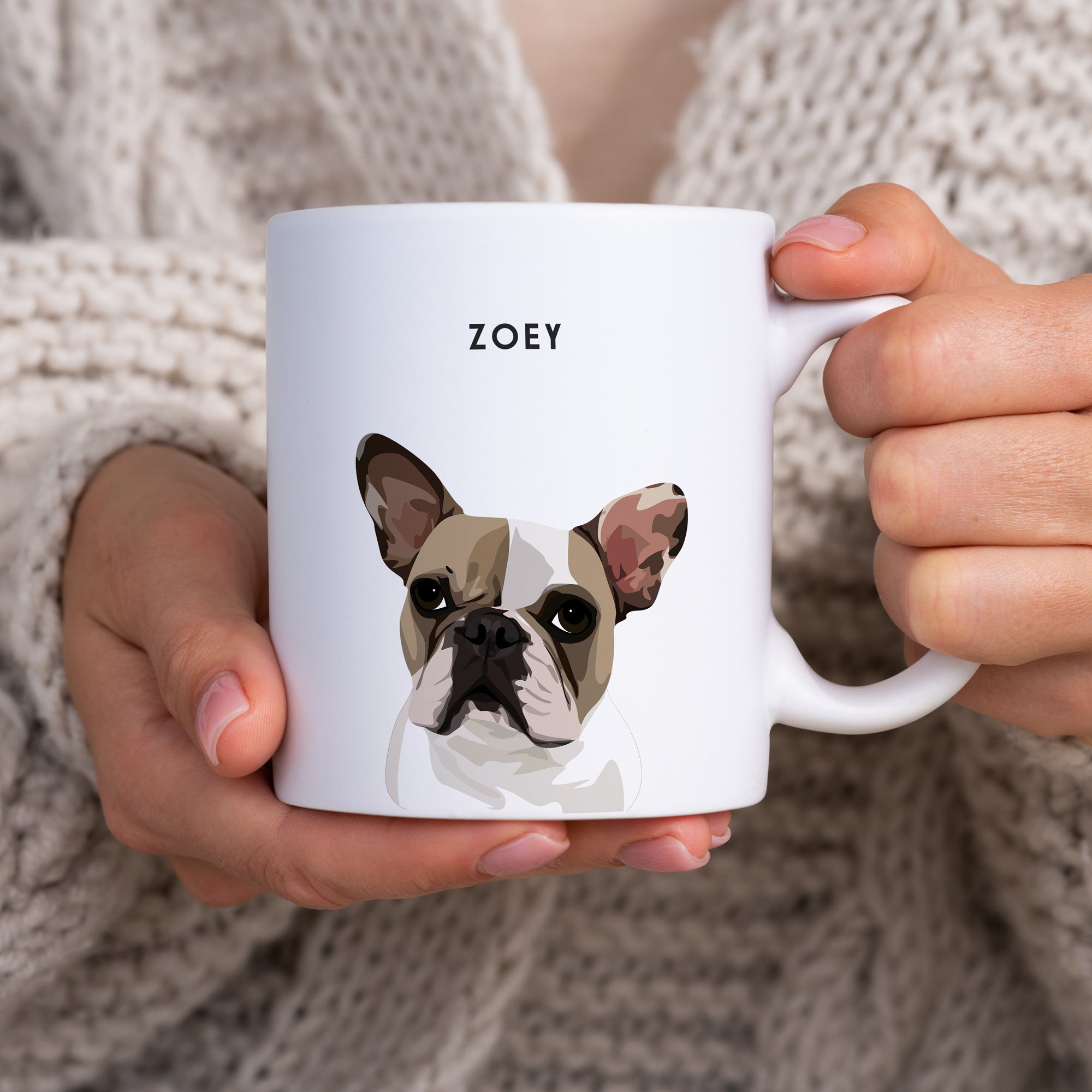Dogs often need more food in winter to fuel their increased energy needs as they work harder to stay warm. Factors like activity level, breed, and health influence how much extra nutrition your pup may require during colder months. This guide explains how to adjust your dog's diet, from boosting calories to adding winter-friendly nutrients, ensuring they stay healthy and cozy all season long.
Understanding Dogs' Nutritional Needs in Winter
How Cold Weather Affects Your Dog's Body
Just like us humans, dogs have to work a little harder to stay warm when the weather turns chilly. Cold temperatures cause their metabolism to increase, as their bodies burn more energy to maintain a comfortable body temperature. This is especially true for outdoor dogs who spend time in the cold, as their bodies work overtime to stay warm.
Like how we all need a little more fuel when we’re shoveling snow or taking that extra-long walk through a winter wonderland. Dogs, too, are wired to conserve energy during the colder months, so they might instinctively seek warmth and cut back on unnecessary activities.
What Affects Your Dog’s Appetite
-
Active levels of dogs who are more active in the winter, like those who enjoy long walks or play in the snow, will burn more calories and need additional energy.
-
Some breeds simply burn more calories because they are more active than others.
-
Health status for older dogs or those with health issues may need more careful attention to their diet.
How Winter Affects Your Dog’s Diet
Research shows that dogs may need more calories in the winter, especially if they spend a lot of time outdoors. Cold temperatures make them burn more energy just to stay warm.
According to the AKC Canine Health Foundation, for every 10-degree drop in temperature, your dog might need 7% to 7.5% more calories. Some breeds, like those built for colder climates, may need even more calories to stay comfortable. Make sure to adjust their food intake to help them stay energized and avoid weight loss.
Adjusting Your Dog’s Food for Cold Weather
When temperatures dip below freezing, your dog’s food intake may need to be increased significantly. For example, if the temperature drops 20 degrees below normal, your dog may need up to 14% more calories.
However, it’s important not to just add more food without monitoring your dog’s weight. Keep an eye on their condition to ensure they’re getting the right amount.
Essential Nutrients for Cold Weather
Winter diets should focus on the right nutrients to keep your dog warm and energized. Protein is important for muscle maintenance and overall energy, while fat helps maintain body heat.
If your dog is playing in the snow, more fat in their diet will give them the energy they need. Omega-3 and Omega-6 fatty acids are also key for maintaining a healthy coat and skin, which can be affected by dry winter air.
Hydration in the Winter
Even though it’s cold, hydration is just as important for your dog in winter as it is in summer. Dogs may be less inclined to drink water during colder months, but it’s crucial to ensure they stay hydrated.
Make sure fresh water is always available and consider using heated water bowls or pet fountains to prevent freezing. Plus, many dogs love drinking moving water, which can help encourage them to drink more.
Common Winter Feeding Mistakes
Overfeeding
It’s tempting to add extra food because of the cold, but overfeeding can lead to weight gain if your dog isn’t as active. Always monitor their weight and adjust portions accordingly.
Underfeeding
Some owners think their dog doesn’t need more food in winter. If they aren’t spending much time outside, they may feel sluggish or lack energy. Make sure to adjust their food intake based on activity levels.
Tips for Adjusting Your Dog’s Diet
Monitor Their Weight and Behavior
Gradually increase your dog’s food portions by about 10%. Observe how they respond, are they more energetic or gaining weight? Make adjustments based on your observations.
Consult with Your Veterinarian
Every dog has different needs. Before making big changes to their diet, check with your vet to ensure you’re giving them the right type and amount of food, especially if they have any health conditions.
Adjust Feeding Schedules
Consider breaking up meals into smaller portions throughout the day to maintain energy levels. And who doesn’t love a little extra treat during the day?
Winter Superfoods for Dogs
| Superfood | Benefits |
|---|---|
| Sweet Potatoes | Rich in fiber, vitamins A and C, and great for energy. |
| Salmon | High in Omega-3 fatty acids to support a healthy coat and skin. |
| Pumpkin | Packed with fiber and beta-carotene to aid digestion. |
| Chicken or Turkey | Lean protein for muscle maintenance and warmth. |
Keep Your Dog Healthy and Cozy This Winter!
Winter can increase your dog’s energy needs, so adjusting their diet is key to keeping them healthy and happy. Whether you’re feeding them a high-protein, high-fat diet or offering warm, nourishing meals, make sure to monitor their weight and behavior to ensure they’re getting the right amount. Have you noticed changes in your dog’s appetite during winter? We’d love to hear your tips for keeping your dog nourished and cozy this winter!
FAQs
Do all dogs need more food during winter months?
Not all dogs require extra food in winter, but many do, especially those that spend time outdoors or have higher activity levels. Factors like breed, coat type, health, and lifestyle determine if your dog needs an increased calorie intake.
How do I know if my dog needs more calories in winter?
Monitor your dog’s weight, energy levels, and behavior. If they seem hungrier, lose weight, or spend a lot of time outdoors, they may need additional calories to maintain their body heat and energy.
What kind of food is best for dogs during winter?
A high-protein and high-fat diet is ideal for winter as it helps maintain energy and body warmth. Look for foods rich in Omega-3 and Omega-6 fatty acids to support a healthy coat and skin in dry, cold weather.
Should I give my dog warm food in winter?
Yes, offering warm meals like chicken broth (without onions or garlic) or oatmeal can be a comforting treat for your dog on cold days. Warm meals can also encourage picky eaters to enjoy their food.
How can I ensure my dog stays hydrated during cold weather?
Provide fresh water at all times and use heated bowls or pet fountains to prevent freezing. Since dogs may drink less in winter, keeping water easily accessible and appealing is crucial for their hydration.


